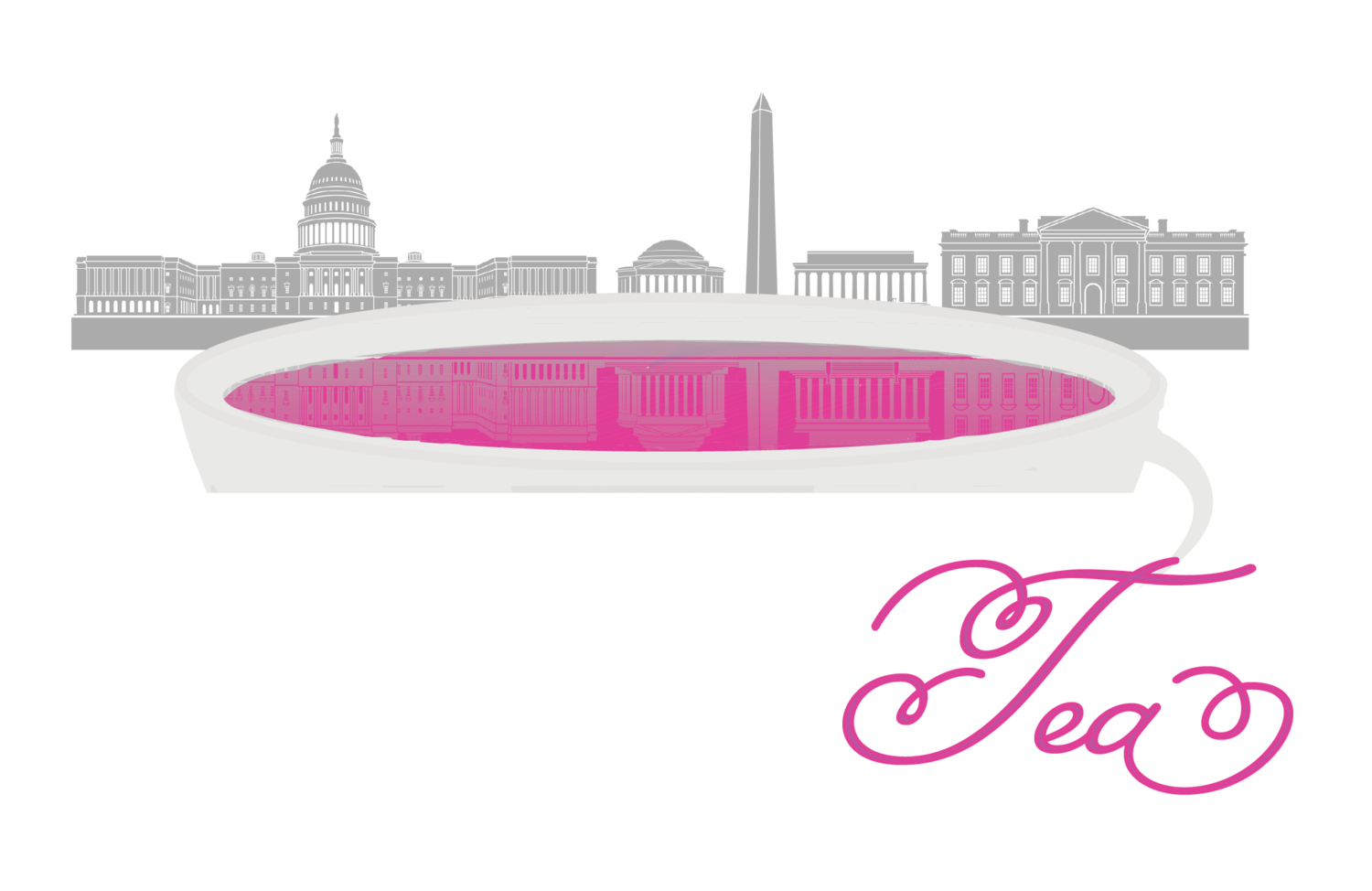ObamaCare Repeal: What's At Stake?
By: Jalen Nash
Since being passed by Democrats in 2010, the Affordable Care Act, nicknamed Obamacare, has been a point of contention between the two major political parties. While most Democrats saw the law as a flawed, but important step towards universal health care, many Republicans found its regulations to be detrimental to businesses and even unconstitutional. That said, after getting their candidate elected President, and holding the majority in the House and Senate, one of the first goals of the GOP was to “repeal and replace” Obamacare.
Their first attempt at this came in March of 2017 with the American Health Care Act. Most of the party was included in constructing this bill, however, few sides were satisfied with the final product. With the party divided, the bill miserably failed, unable to even reach the Senate floor before being withdrawn from consideration. Reeling from this failure, many thought that GOP healthcare reform would be removed from the Republican agenda in lieu of efforts for tax reform or immigration reform. Surprisingly, in a little over two months, reports began appearing that a group of thirteen GOP senators, led by Senate Majority Leader Mitch McConnell, was working behind closed doors to draft an alternative bill. As opposed to the first attempt at new legislation, this drafting process gave little room for disapproval as it was shrouded in a veil of secrecy.
After weeks of secret evaluation, these reports were confirmed. The veil was raised on June 21, when the party revealed its Better Care Reconciliation Act. This proposal kept some of the policies of the Affordable Healthcare Act, allowing people to stay on their parents plans until age twenty-six and conditionally covering nursing home care. However, it also either modified, or completely disbanded, others. For example, the Affordable Care Act prevented insurers from refusing coverage to those with pre-existing conditions and mental illness, fully reimbursed organizations like Planned Parenthood for most of their services, and leaned on higher taxes from the wealthy to support the Bill. The newly proposed Better Care Reconciliation Act allows states to seek permission to reduce required coverages, begins a one year block on federal reimbursement for Planned Parenthood, cuts taxes by over $500 billion for the wealthy and completely cuts funding for Medicaid.
From an onlookers perspective, this bill threatens many of our most vulnerable citizens. By not putting strict regulations on healthcare companies, we risk them taking advantage of certain illnesses to increase profit. By blocking reimbursement funding to Planned Parenthood, the ability for many women to receive low-cost medical care has been put on hold as well. Furthermore, by cutting $500 billion in taxes, all the while dismantling our Medicaid system, the GOP again perpetuates itself as the party for the rich and against the poor.
This bill contains many drastic and consequential measures. Paired with its consequential nature and secretive drafting process, is a rush to get it passed quickly. This bill was formally announced to the American public on June 21, 2017. Mitch McConnell is pushing for a vote to pass this bill before July 4, which gives us Americans about eleven days to decide what direction we want our country to go towards. The speed by which the GOP hopes to pass a bill which affects one-sixth of our economy and millions of Americans should be a cause of both concern and suspicion.
This whole process raises many questions:
Why has the bill been kept a secret all this time? What is in this Bill? How is this Bill better than the Affordable Care Act? How will this Bill affect our vulnerable, sick and poor Americans? How will it affect our future?
We potentially will have less than two weeks to answer these questions before the bill hits the Senate floor. Already, five Republican senators, and the entire Democratic Party have come out against this proposal. The fate of healthcare in our nation rests in each vote for or against this Bill. That said, it is important that we all make sure our voices are heard. If you oppose the Better Care Reconciliation Act, or think it needs more time being developed, be sure to contact your state Senator and fight for the America you believe in.



